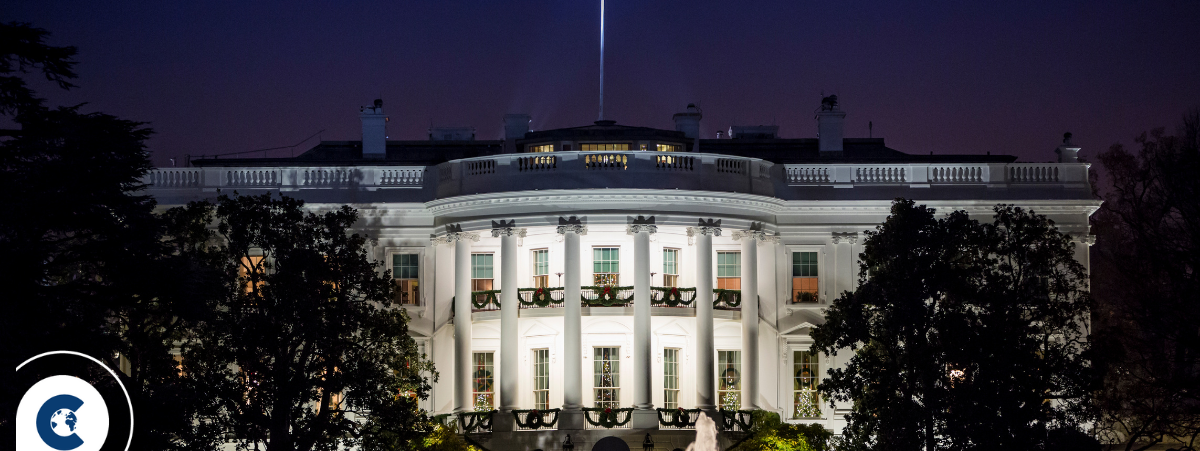Back from the Latin America and Caribbean Climate Week (LACCW 2022), our Co-Founder and Head of Impact José Lindo shares his thoughts.
Op-ed by José Lindo, ClimateTrade Co-Founder and Head of Impact
The event that many of us call pre-COP took place last week in Santo Domingo, organized by UNFCCC, UNEP and the World Bank Group with the support of the government of the Dominican Republic.
These regional climate weeks provide countries and all their stakeholders with a dedicated forum to discuss solutions to the particular climate threats of their region, in their own language and culture. And considering how difficult it has been to reach global climate agreements, regional summits like these are likely to become key to actually implementing policies that may be localized, but will also be much more ambitious and effective in fighting climate change.
Silence regarding a global carbon price
I hoped for more climate ambition from the UN and from countries in the implementation of the measures of the Glasgow Pact, particularly since the responsibility of fossil fuels in the climate crisis was highlighted there like never before. But when it comes to decarbonization plans that go beyond the theoretical, as well as a global, ethical and fair GHG price, the radio silence continues. Big plans and renewable energy budgets sound great, but they distract from the real issue: the climate crisis is not being treated with the same urgency or financial resources as the Ukraine geopolitical crisis or the pandemic.
The UNFCCC Secretary’s reaction to this issue seems very appropriate to me: at LACCW, he welcomed the initiatives of cities, subnational states, carbon markets, impact investors and tech companies, promoting a new paradigm of decentralization.
Cities and private sector initiatives
This spark of new hope has an appealing acronym: BINGO, or Business and Industry Non-Governmental Organizations: hundreds of thousands of companies, organizations and private climate investors that are acting fast to counter the urgency of the crisis.
It appears as though scaling up the voluntary carbon market is easier than getting 200 countries to sign off on an appropriate global carbon price. We have made the implementation of Article 6 incredibly complicated, getting lost in never-ending debates about which mechanism to use to finance it: Core Carbon Principles (CCP), Emissions Trading Schemes (ETS), International Transferred Mitigation Outcomes (ITMOs) or maybe Carbon Removals Obligations (CRO)? This is causing policy paralysis and inaction, meanwhile several market players – including ClimateTrade – have been designing entire infrastructures aligned with the Paris Agreement and the need for decentralization in governance, financing and the execution of mitigation and decarbonization projects.
Empowering local mechanisms
If legislative independence and greater climate ambition can be found in cities, let’s create local mechanisms without waiting for clear global rules or a fair carbon price. ClimateTrade’s DLT technology is ready and functional: now let’s form new coalitions and partnerships.
I’m leaving LACCW hopeful about the multidisciplinary, Ibero-American, public-private team we are trusting to accelerate ambition, but there remain many tough months and years ahead considering the current geopolitical situation. “Collective action or collective suicide”: I couldn’t agree more with Antonio Gutierres, the UN Secretary General. At ClimateTrade the choice has always been clear – action all the way – and because of that, I beg global leaders to give us freedom and empower us in our efforts.








